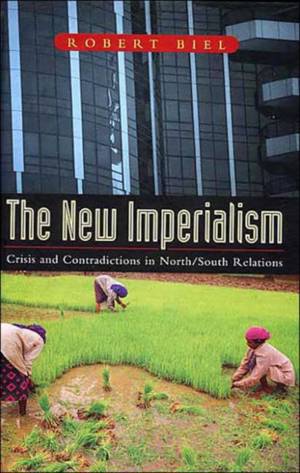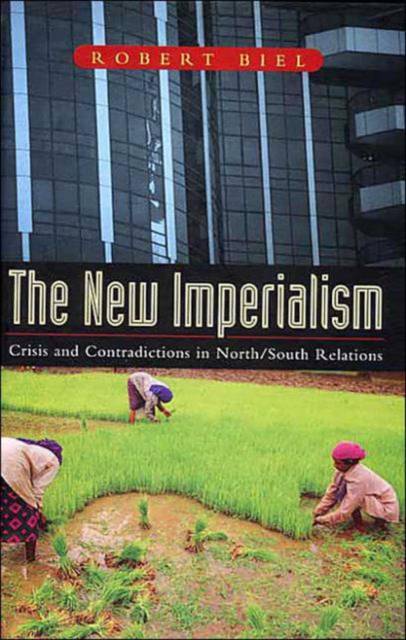
- Retrait gratuit dans votre magasin Club
- 7.000.000 titres dans notre catalogue
- Payer en toute sécurité
- Toujours un magasin près de chez vous
- Retrait gratuit dans votre magasin Club
- 7.000.000 titres dans notre catalogue
- Payer en toute sécurité
- Toujours un magasin près de chez vous
The New Imperialism
Crisis and Contradictions in North/South Relations
Robert Biel
Livre relié | Anglais
195,45 €
+ 390 points
Format
Description
This major intellectual exploration seeks to deepen our understanding of the way in which modern capitalism works. The author argues, in particular, that it has always rested in part on the unremunerated labour of women, the non-sustainable extraction of natural resources and the racist exploitation of the non-European periphery.
Robert Biel explains and illuminates how it has integrated the South into a Western-dominated system of exploitation and prevented it from making the promised transition from marginality on the periphery to prosperity at the centre. And the racist implications of this. He also explores two fundamental questions. Are there really any indications that the global economy is slowly entering a long-term structural crisis? And would any significant disruption open up opportunities for new popular movements to fundamentally challenge it? Robert Biel's work constitutes a major revitalisation of the tools of Marxism and Dependency Theory. In addition to scholars of political economy and development, it will interest activists seeking to reconstitute left politics in the age of globalisation.Spécifications
Parties prenantes
- Auteur(s) :
- Editeur:
Contenu
- Nombre de pages :
- 368
- Langue:
- Anglais
Caractéristiques
- EAN:
- 9781856497466
- Date de parution :
- 01-08-00
- Format:
- Livre relié
- Format numérique:
- Genaaid
- Dimensions :
- 162 mm x 243 mm
- Poids :
- 680 g







